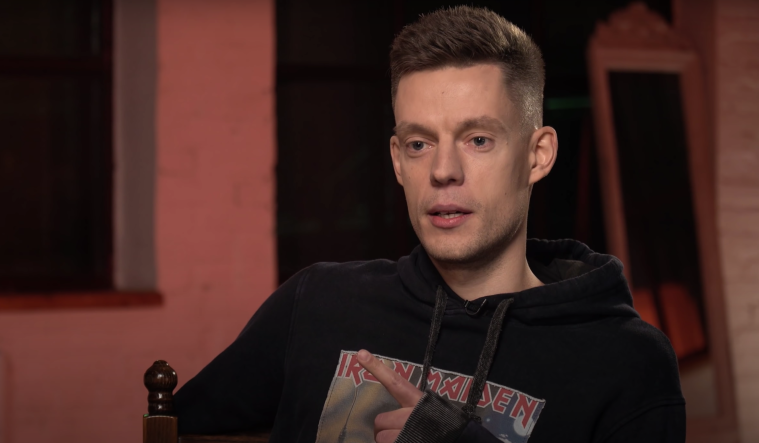New York, June 17, 2021 – Russian authorities should drop all court proceedings against journalist Yury Dud and ensure that he can work freely and safely, the Committee to Protect Journalists said today.
On June 10, the Zyuzinsky District Court in Moscow accepted a lawsuit filed against Dud, who runs the YouTube channel vDud, for allegedly publishing propaganda about drugs in his video interviews, according to news reports and the court’s website. By accepting the suit, authorities formally opened court proceedings against Dud for allegedly committing a misdemeanor under Russia’s administrative code, according to those reports.
The case stems from a complaint filed to Moscow police on April 5 by the Safe Internet League, a non-profit group that opposes allegedly immoral activity online, according to news reports. Yekaterina Mizulina, the league’s head and also a member of the Civic Chamber of the Russian Federation, a body that analyzes draft legislation, wrote on social media platform VK that complaint focused on two of Dud’s interviews, with a Ukrainian blogger and a Russian rapper, who each discussed drugs.
If convicted of publishing drug propaganda, Dud could face a fine of up to 1.5 million rubles (US $21,000), according to Russian law. No court date has been set, according to those reports.
“Russian authorities should immediately cease all court proceedings against journalist Yury Dud and once and for all stop harassing journalists for simply doing their jobs,” said Gulnoza Said, CPJ’s Europe and Central Asia program coordinator. “Journalists should be able to interview people without fear of facing fines and trials, and should be able to report the news and conduct interviews freely.”
The vDud YouTube channel has about 9.2 million subscribers, and features interviews by Dud with celebrities and politicians. The channel has published content on sensitive issues, including a documentary critical of Russian authorities’ handling of a 2004 attack on a school by Chechen militants, and a 2020 interview with opposition figure Alexei Navalny.
Before each of the interviews cited by Mizulina, vDud posted a disclaimer stating that drugs would be discussed in the following segment, and that they were “evil,” “poison,” and should not be used.
Previously, on June 3, the Zyuzinsky District Court fined Alisher Morgenshtern, the rapper who Dud interviewed, 100,000 rubles (US $1,391) for spreading drug propaganda in his songs, according to reports, which said he would appeal.
CPJ reached out to Dud on his Facebook and Instagram accounts for comment, and messaged the journalist through his official website, but did not receive any replies.
CPJ emailed Russian Ministry of Internal Affairs and but did not receive any reply.
When CPJ called Mizulina, a person answered and identified himself as Vladislav, and said that the number was for the Safe Internet League. He said that a manager could respond to CPJ’s questions, but was not available at the moment.
When CPJ called back today, a person who identified herself as Tatyana said that the number was actually the hotline for the National Help Center for Missing and Injured Children, which Mizulina directs and is the parent organization of the Safe Internet League. She said that a representative would call back to respond to CPJ’s queries; at the time of publication, they had not called.
